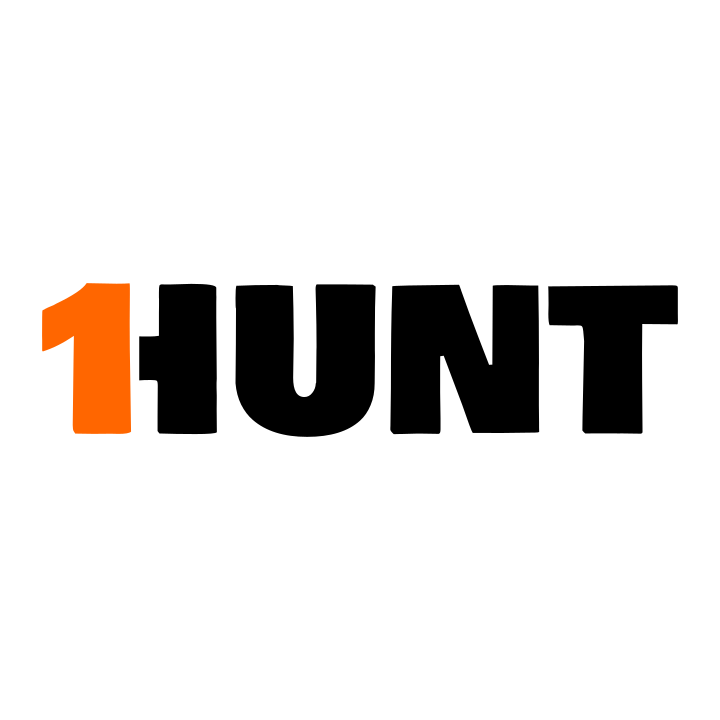Medical Considerations
Medical Considerations
Medical Considerations Before Your Hunting Safari
Consult Your Doctor: Before embarking on your hunting safari, it is imperative to consult with your healthcare provider for personalized medical guidance tailored to your individual health needs. 1Hunt is not authorized to provide medical advice, and your doctor can offer valuable insights and recommendations based on your medical history, current health status, and any pre-existing conditions you may have.
Fitness: Hunting safaris involve physical demands, but we accommodate all fitness levels, including those preferring hunting from hides and spot-and-stalk techniques. Regardless of your preferred hunting style, ensure you’re physically fit and capable of handling the safari’s rigors. Regular exercise and conditioning can help prepare your body.
Own Prescription Medications: If you are currently taking prescription medications, ensure an adequate supply for the duration of your safari. Carry your medications in their original packaging and bring extra doses in case of unexpected delays. Inform your healthcare provider about your travel plans and discuss any necessary adjustments to your medication regimen.
Allergies and Seasonal Conditions: Be aware that during certain times of the year, such as the dry season, there may be increased dust and pollen in the air, which can exacerbate allergies and respiratory conditions. Take appropriate precautions, such as bringing allergy medications and wearing protective gear, to minimize discomfort and health risks associated with environmental allergens.
South African Medical Facilities: While South Africa boasts modern medical facilities in urban areas, remote safari locations may have limited access to healthcare services. Familiarize yourself with the nearest medical facilities and emergency contact numbers in the areas you’ll be visiting. Be prepared to handle medical emergencies by knowing the emergency procedures outlined by your safari guide or organizer.
Travel and Medical Insurance: It is highly recommended that all participants obtain comprehensive travel and medical insurance coverage before embarking on the hunting safari. This insurance should include coverage for medical emergencies, evacuation, trip cancellations, and repatriation of remains. 1Hunt does not provide insurance coverage, and it is the responsibility of each participant to arrange their own insurance to mitigate financial risks associated with unexpected medical expenses or travel disruptions.
Malaria: Depending on the region and time of year, malaria may be a concern in some safari areas. Consult with your healthcare provider regarding malaria prophylaxis and take appropriate preventive measures, such as using insect repellents, wearing protective clothing, and sleeping under mosquito nets. Stay informed about malaria risk zones and adhere to recommended prevention strategies to minimize the risk of mosquito-borne illnesses during your safari.
Hydration and Sun Protection: Stay hydrated throughout your safari by drinking plenty of water, especially in hot and arid environments. Protect yourself from the sun’s harmful rays by wearing sunscreen, a wide-brimmed hat, and lightweight, long-sleeved clothing. Adequate hydration and sun protection are essential for maintaining optimal health and preventing dehydration, heat exhaustion, and sunburns during outdoor activities.
First Aid Kit: Carry a well-stocked first aid kit containing essential medical supplies and medications for treating minor injuries, insect bites, and common ailments. Your safari guide or organizer should also have access to a comprehensive first aid kit and be trained in basic first aid techniques. Be prepared to handle minor medical emergencies and injuries while in remote wilderness settings, and know how to seek additional medical assistance if needed.
Emergency Communication: Establish a communication plan with your safari guide or group members in case of emergencies. Carry a fully charged mobile phone or satellite communication device and know how to access emergency services in the area. Maintain open communication channels with your guide or group leader, and familiarize yourself with emergency evacuation procedures and protocols. Effective communication is essential for coordinating emergency responses and ensuring the safety and well-being of all participants during the safari adventure.
Remember, your health and safety are paramount during your hunting safari. By taking proactive measures and being prepared for potential medical considerations, you can ensure a safe and enjoyable experience in the wilderness.
For More Info
Contact Us
Enquiry Form
We’re thrilled to assist you in planning your next hunting adventure. Kindly leave your contact details below so we can get in touch with you promptly.
Customer Service
Available from Mon to Fri, 8:30am to 5:00pm
Contact Info
+27 61 718 3879
www.1huntoutfitters.com
location
Open Mon to Fri: 9am to 6pm
Saturday: 10am to 5pm
Sunday: Closed.
GPS Coordinates
-23.672162, 27.003079
